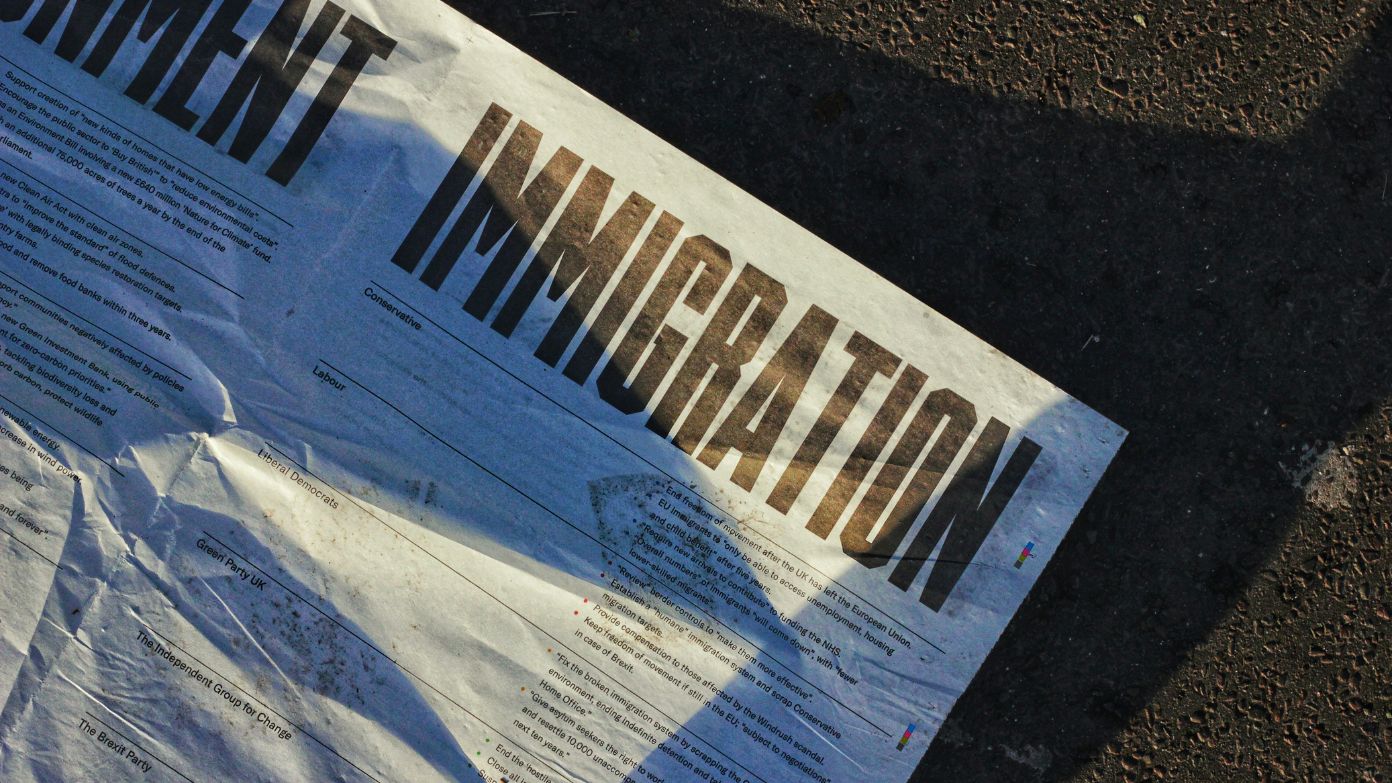If you are living in the United States and have had any past immigration issues, it is important to know whether there is a deportation order against you. A deportation order, also known as an order of removal, is a legal directive from the U.S. government that tells you to leave the country.
Many immigrants do not realize they might already have one issued. If you are unsure, it is better to check than to be surprised later—especially if Immigration and Customs Enforcement (ICE) comes knocking.
How can I check if I have a deportation order?
You can find out your status by checking with the Executive Office for Immigration Review (EOIR). This office handles immigration court records.
There are two ways to check:
- Call 1-800-898-7180 (available in English or Spanish)
- Visit justice.gov/eoir and use their automated online case system
To check your information, you will need your Alien Number, also called an A-Number.
Where can I find my Alien Number?
Your Alien Number is the key to finding out your immigration history. This number:
- Begins with an “A”
- Is followed by 8 or 9 digits
You can find it printed on:
- Letters or notices from U.S. Citizenship and Immigration Services (USCIS)
- Documents from Department of Homeland Security (DHS) or EOIR
Tips when entering your A-Number:
- If your number has 8 digits, add a zero at the front
- If it has 9 digits, just enter the full number as is
Immigration attorney Martha Arias explains:
“There, the system tells you if your case is in court or if you have had a deportation order before. If the system says it cannot find your Alien Number, it is because you do not have a deportation order—at least not with that Alien Number.”
What if I have more than one Alien Number?
Yes, that can happen. Some people who have gone through multiple immigration processes may have been assigned more than one A-Number.
So what do you do?
- Ask your immigration attorney to request your full immigration record
- They can check if multiple A-Numbers have been issued to you
Knowing this could help you avoid errors when checking your case.
What should I do if I have a deportation order?
If you find out that there is a deportation order against you, do not panic, but do act quickly. The first step is to speak with an experienced immigration attorney.
Here is what to do:
- Schedule a consultation with an attorney
- Ask them to review your case in detail
- Find out if your case can be reopened or appealed
In some situations, you might still have options to stay in the U.S., especially if there have been changes to your circumstances or immigration laws.
Why legal help is important
Handling a deportation order is serious, and the law is not always easy to understand on your own. A good immigration attorney can walk you through your options and help you take the right steps. It is better to ask questions now than wait until it is too late.

